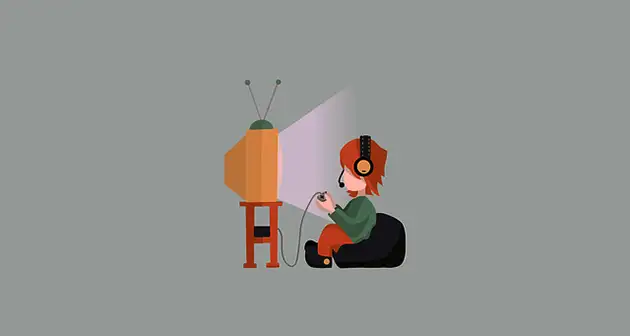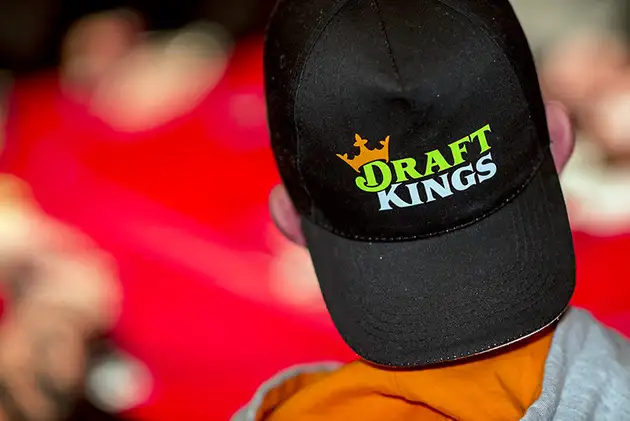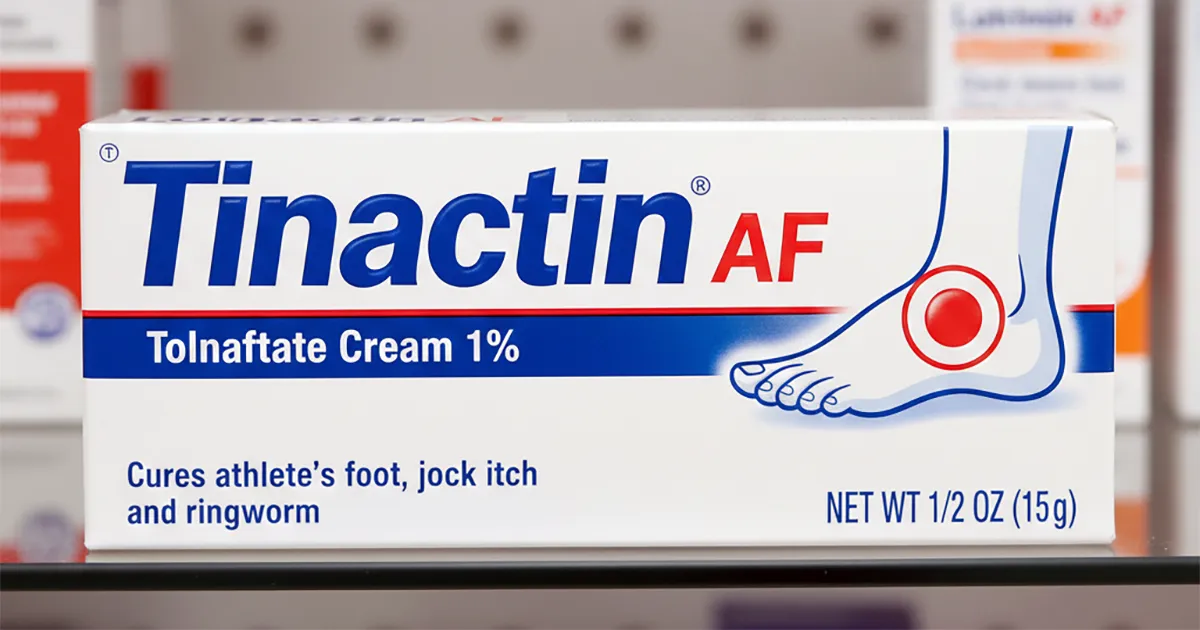Coming Soon: Social Security Class Action Lawsuit
By Steve Levine

Published: January 7, 2026
Status: Ongoing Litigation
Proof Required: Pending
Claim Deadline: Pending
What Is This Case About?
Parents who took Social Security retirement early may have had their kids' benefits cut too much. The lawsuit says Social Security used the wrong number when checking the family maximum rule. The judge in the case said the social security agency's reading of the law looks wrong, but the case is still ongoing.The social security class action lawsuit alleges the Social Security Administration misapplied the family maximum rule and reduced children's benefits on the accounts of early retirees. The class action argues that the SSA should have used the retirement insurance benefit actually payable to the retiree, not the higher primary insurance amount tied to full retirement age.
Latest Update and What Happens Next
As of February 4, 2026, this case is still in active litigation. There is no settlement, no back pay approved, and no claim form available at this time.• Notice update: Yes, a court-approved class notice was issued. The notice plan provided for direct notice by first-class U.S. Mail to class members using addresses on file with SSA.
• What happens next: The next major step is whether SSA pursues an appeal or the case continues in the trial court through further briefing and evidence. If the families win or there is a settlement, the Court will publish instructions on how any relief is handled.
• Bottom line: If you received a class notice, keep it for your records and monitor official court updates. Do not submit anything unless the Court or the official case page posts instructions.
If you are here because you need help with a Social Security Disability (SSDI) application or appeal, here's a guide that explains when a disability lawyer specializing in SSDI and social security may be helpful.
SSDI Application Help
Who Is Included in the Class?
The Court defined a class of Eligible Children of Early Retirees who received a child's insurance benefit reduced between May 10, 2024 and May 30, 2025 because SSA used the PIA instead of the RIB to assess the family maximum. Certain exclusions apply, including non-U.S. citizens, deceased children, and accounts with excess earnings.Potentially tens or hundreds of thousands of children and families nationwide could be affected. The Social Security Administration hasn't published an exact count yet, but the agency itself identified which families likely fall into the class when it mailed out class action notices.
Children who got “child's insurance benefits” on a parent's record where the parent retired early. The time window the court is looking at is May 10, 2024 through May 30, 2025. Some kids are not included, like non-U.S. citizens, deceased children, or cases where the parent had excess earnings that year.
Is There a Claim Form?
Not yet. The case is still in class action litigation and is pending certification and approval after it has been proposed. There is no active claims process at this time.Will There Be a Claim Form?
Likely if the class prevails or there is a settlement that leads to payments. If that happens, the Court will publish instructions. Any claim or verification process will be posted on the official case page.Are You Automatically in the Class?
Yes. If you or your child received a notice, your child is automatically included in the class unless you opt out by the deadline listed in the notice.If you do nothing, you stay in the class and are legally bound by the final outcome, whether it's a win, loss, or settlement. If you opt out, you'll keep the right to sue SSA on your own, but you won't get any class payout if there's a recovery.
SSA Class Action in Brief
● Case Overview: A new class action lawsuit claims the Social Security Administration
(SSA) miscalculated
benefits for children of early retirees by using the wrong number under the “family maximum” rule, which
may have reduced their payments.
● Who Is Included: Children of early retirees whose Social Security child’s insurance benefits were reduced between May 10, 2024 and May 30, 2025 because SSA used the Primary Insurance Amount (PIA) instead of the Retirement Insurance Benefit (RIB). Some exclusions apply.
● Status: The case is ongoing in the U.S. District Court for the Eastern District of Virginia. The Court denied SSA’s motion to dismiss, and the agency may seek to appeal. No payments or settlements have been approved yet.
● Claim Form: None available at this time. A claim or verification process may be announced later if there is a judgment or settlement resulting in payments.
● Automatic Inclusion: If you or your child received a notice, you are automatically in the class unless you opt out by the deadline listed in the notice. Doing nothing keeps you in the case and binds you to the final outcome.
● Who Is Included: Children of early retirees whose Social Security child’s insurance benefits were reduced between May 10, 2024 and May 30, 2025 because SSA used the Primary Insurance Amount (PIA) instead of the Retirement Insurance Benefit (RIB). Some exclusions apply.
● Status: The case is ongoing in the U.S. District Court for the Eastern District of Virginia. The Court denied SSA’s motion to dismiss, and the agency may seek to appeal. No payments or settlements have been approved yet.
● Claim Form: None available at this time. A claim or verification process may be announced later if there is a judgment or settlement resulting in payments.
● Automatic Inclusion: If you or your child received a notice, you are automatically in the class unless you opt out by the deadline listed in the notice. Doing nothing keeps you in the case and binds you to the final outcome.
What are the 25% Attorney Fees?
Under federal law, class action attorneys can request a “reasonable fee” from any past-due benefits awarded.The class action lawyers said they intend to ask for up to 25% of any back payments. That amount would be deducted from whatever back pay the Court awards, not charged upfront.
The judge will decide whether to approve that 25% or set a smaller amount. If there's no recovery, you pay nothing.
How Would I File a Claim If One Becomes Available?
Watch the official case page for instructions, as well as OpenClassActions.com. If the Court orders relief, it may involve a simple verification for payees or a more detailed process to confirm eligibility and amounts owed. Follow the steps on the official page when it is posted.If the court agrees with the families, those kids could be owed back pay because their monthly checks were reduced more than they should have been.
What Could Happen Next?
The Court already issued an order denying SSA's motion to dismiss and addressing how the statute should be read. SSA has indicated it may seek authority to appeal. Outcomes may include a negotiated settlement, a final judgment after further proceedings, or appellate review. There is no guaranteed payout. If the class action member families win or there is a settlement that leads to payments.Should I Stay In or Opt Out?
If you stay in, you are bound by the result and may receive benefits if there is a recovery. If you opt out, you will not receive any class relief but you keep your ability to pursue individual rights. Check the official page for any posted opt-out deadline and mailing instructions.Estimated Settlement Amount
No settlement fund has been set at this time. The case is still ongoing in the U.S. District Court for the Eastern District of Virginia, and the Social Security Administration has indicated it may appeal the Court’s earlier ruling.Because the lawsuit affects potentially thousands of families nationwide, the total value could reach millions of dollars in combined back pay if the plaintiffs win. Individual payouts would likely reflect the difference between what each child actually received and what they should have been paid under the correct formula.
Helpful Definitions for the SSA Class Action
Eligible Children: Children meeting Social Security rules for child's insurance benefits on an early retiree's account.
Early Retiree: A person who took old-age benefits before full retirement age.
PIA: Primary Insurance Amount used to calculate benefits at full retirement age.
RIB: Retirement Insurance Benefit actually payable to the retiree.
Family Maximum: The cap on total monthly benefits payable on a single worker's earnings record.
Official Class Notice (PDF)
How Do I Find Class Action Settlements?
Find all the latest class actions you can qualify for by getting notified of new lawsuits as soon as they are open to claims:Sources
• Official Case Page• Court-approved Class Notice
Class Action Notice
This page is for consumer information. OpenClassActions.com is not the Court, SSA, or Class Counsel. Do not send legal filings here. Use the official addresses on the case page for any objection, opt-out, or other filing.
For more class actions keep scrolling below.

$25 Amazon Gift Card
Enter Here

Video Game Addicts Lawsuit
Deadline: Pending
Submit Claim
DraftKings & FanDuel Addiction Lawsuits
Status: Open
Submit Claim
Kids Using Roblox and Discord?
Pre-Qualify Here
Submit Claim
RoundUp Cancer Lawsuits: How to Qualify
Status: Open to Claims
Submit Claim
$5.5M Mid America Pet Food Settlement
Deadline: February 5, 2026
Submit Claim
$4.17M RevitaLash Conditioner Settlement
Deadline: April 20, 2026
Submit Claim
$87.5M Beef Prices Settlement
Deadline: June 30, 2026
Submit Claim
Dollar General Bait & Switch Settlement
Deadline: April 13, 2026
Submit Claim
$3M Zoa Energy Drink Class Action Settlement
Deadline: Feb 20, 2026
File Claim
Belkin Power Bank Settlement
Deadline: March 30, 2026
Submit Claim
$4.85M Bayer Antifungal Spray Settlement
Deadline: March 11, 2026
Submit Claim
Michael Kors Outlet Class Action Settlement
Deadline: March 6, 2026
Submit Claim
Balance of Nature $9.95M Class Action
Deadline: March 11, 2026
Submit Claim| L.N.P. v. Bisignano Class Action Summary | |
| Status | Ongoing Litigation |
|---|---|
| Court | E.D. Va. |
| Case No. | 1:24-cv-01196-MSN-IDD |
| Class Focus | Children of early retirees affected by the family maximum calculation |
| Claim Form | None available yet |